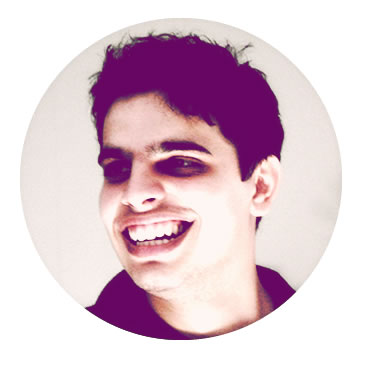“What we understand we then control. It is like magic, only real.” David Deutsch’s book, The Beginning of Infinity, is an intellectual rollercoaster through all things knowledge related. It’s one of the best books I have ever read and one brimming with ideas. Here are some of my favorites.
Read MoreOne of the short books that I really enjoyed is Understand by Ted Chiang: A SF novel about a brain-damaged person who starts increasing his intelligence to hyper-awareness levels through the use of an experimental drug.
There is one idea that I really liked. About the purpose of knowledge and the ethical implications of intelligence expansion.
Read MoreWhat if most of our instincts about learning are misplaced, incomplete, or flat wrong? This is how Benedict Carey, a science reporter for the New York Times, starts his book, simply called “How We Learn”. And he does a brilliant job proving that our thinking about learning is rooted more in superstition than in science. And boy this book is filled with science. It is extremely evident that the author is a science nerd because this book is 95% filled with studies and experiments on lots and lots of topics related to the learning: memorisation, forgetting, associations, perceptions etc.
Read MoreMy dad, a high-school history teacher, discovered "fake news" in early 2000s. He was always a big believer in self-study and gave his students assignments to encourage this behaviour. The assignment that sparked his observation asked the students to come up with a general characterisation of Mao's regime. He gave this assignment prior to any actual teaching about the period, expecting his pupils to research the period using the Internet. Most of the papers were exactly what you would expect, reproducing the main accepted narrative of communism gone wrong, persecution and death. As with these home-works originality was never a strong mark, a lot of the papers being copy-pasted from various websites.
Read MoreNew year, new resolutions. And a very popular and recurring item on everyone's list is the desire to read more in the new year. Reading more books, not Facebook statuses. I now find it a bit peculiar how most people focus on quantity when it comes to reading. And to quote from Napoleon (while completely butchering the context), "quantity has a quality of its own". But I am yet to find someone who wants to increase the quality of the book reading. Quality in this context can be a complicated topic, but let's try to narrowing down by focusing on memorization andunderstanding.
Let me start by asking you "Do you know the books you read last year?". If you are like most people, this question alone will trip you into opening your Kindle, Audible, thinking about the paper books you have on the nightstand etc. What if we were to step it up a notch and I would ask you to summarize the main ideas from one of them. I did that a few times with some close ones and all I got back was blabbing. Ask about a book from 3 years ago and very few people can recall reading the book in the first place, let alone the content that they remember. We want to read more but even if we do, we seem to forget most of it anyway. Why bother then?
Read MoreIf Evernote feels like a drag to use, but you can't explain why (especially when everyone around you is raving about it) it might be because you have a different goal for note-taking. You might be using the wrong tool for the job.
Evernote wants to act like your second brain. But storage of data has no intrinsic value by itself. Even saving itself is devoid of any goal. In my case the secondary brain is a wonderful analogy but my main interest is in saving information in my primary brain. I want to remember the things I am saving, not burry them in a database. My goal, in that sense, is to record and organize the information I collect so I can create my own repository of knowledge. That is what I am going after and note-taking is just a tool, not a goal in itself.
Read More




